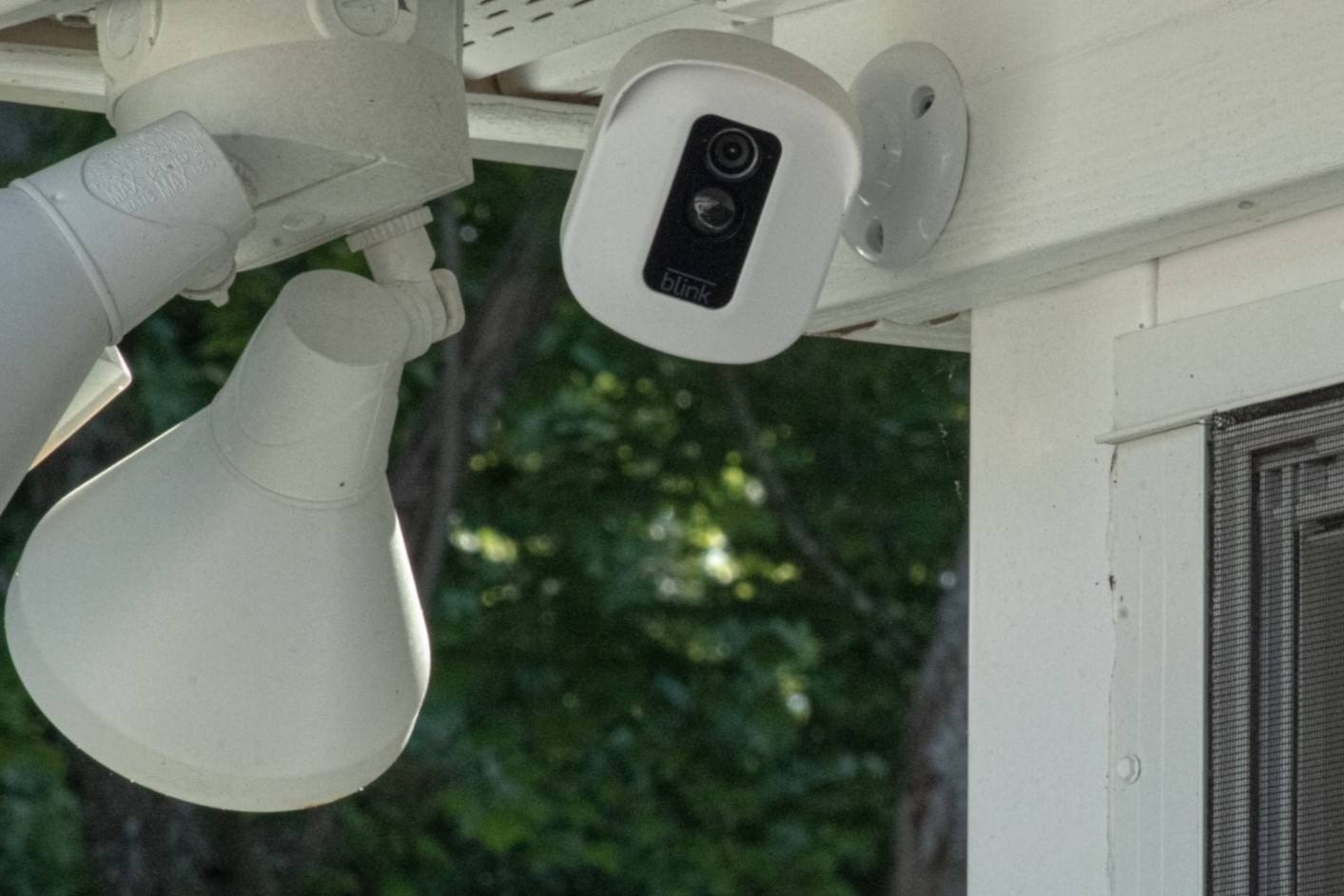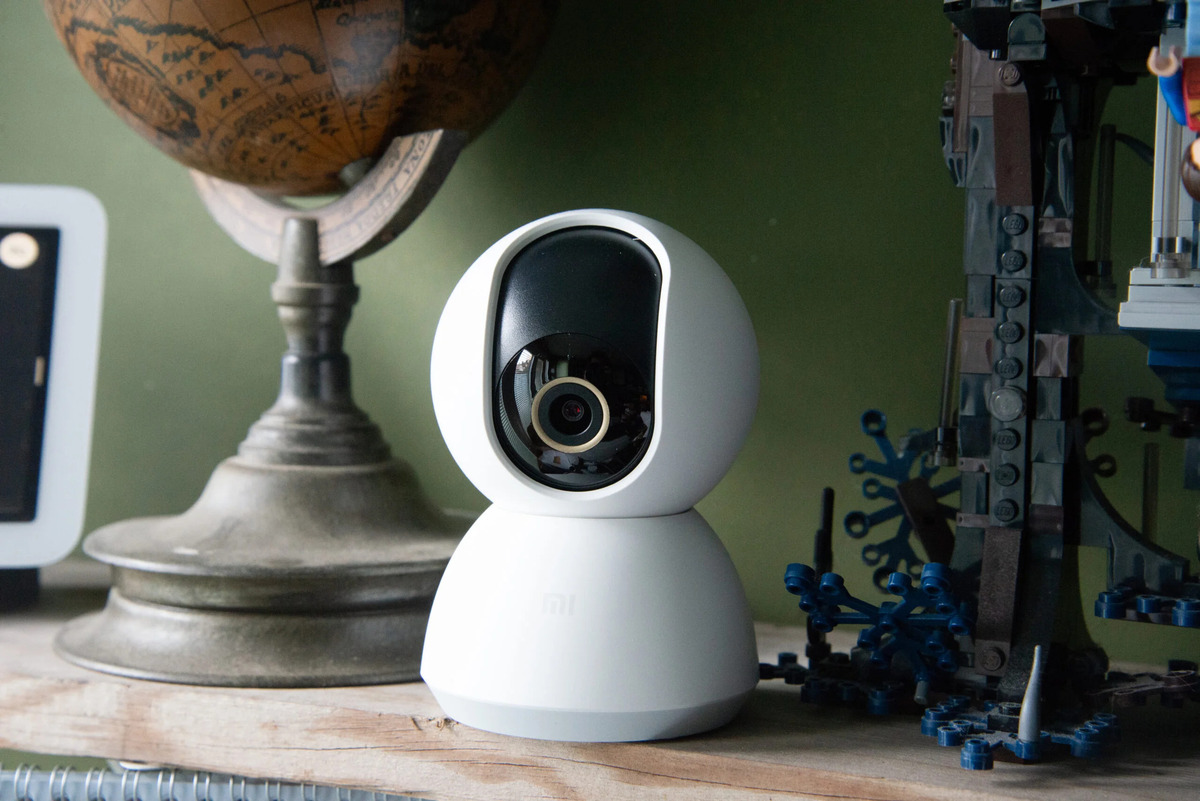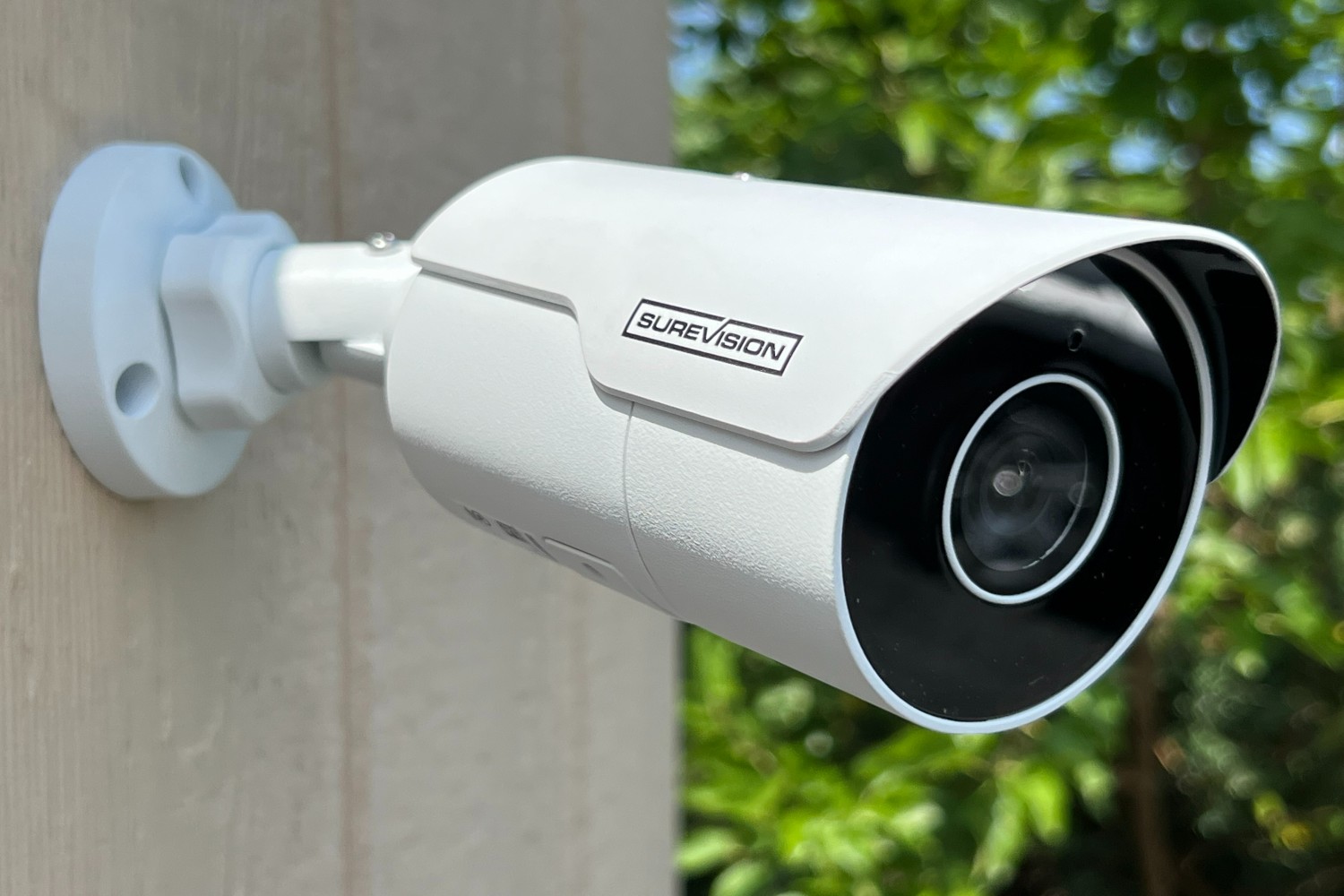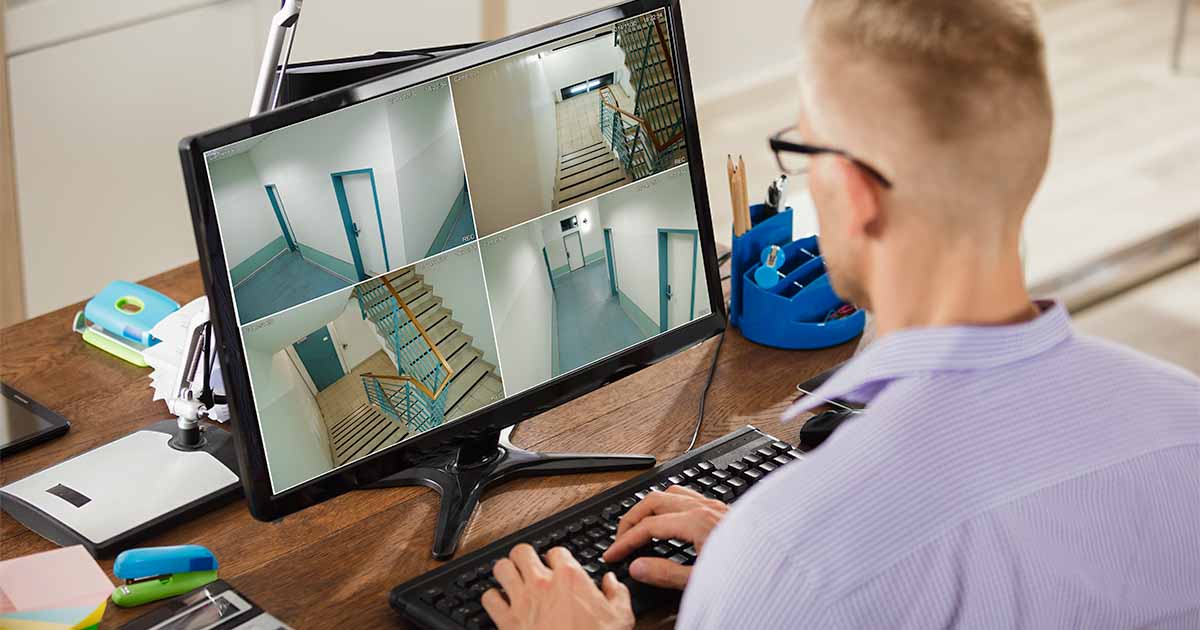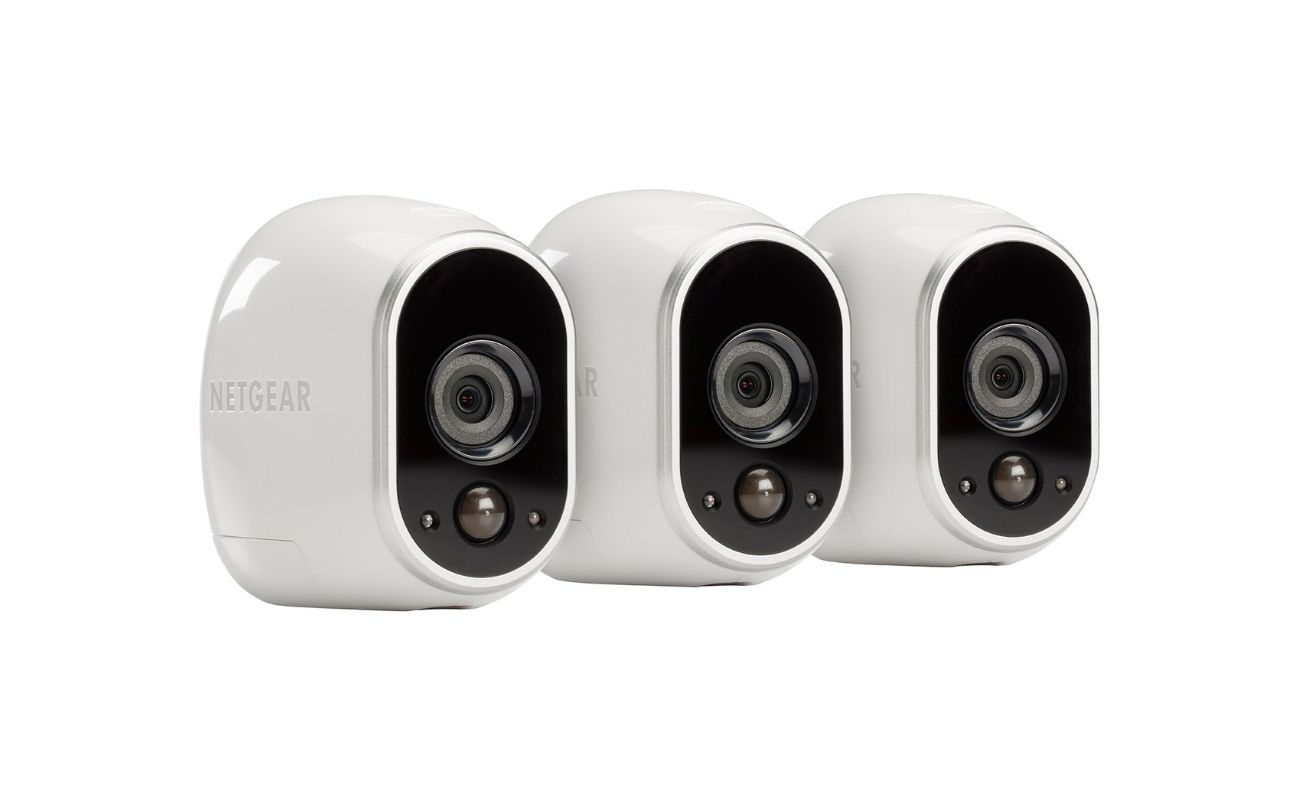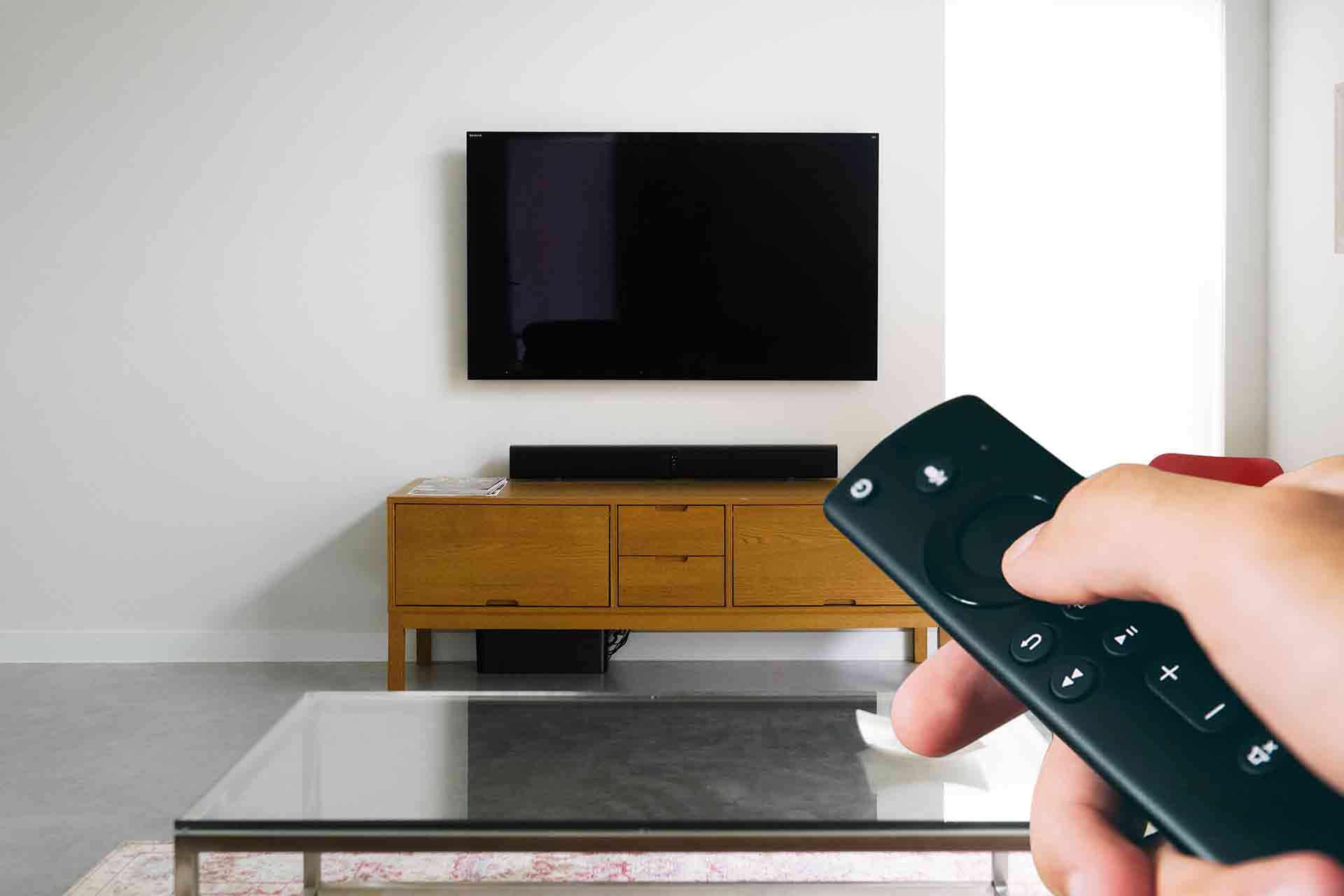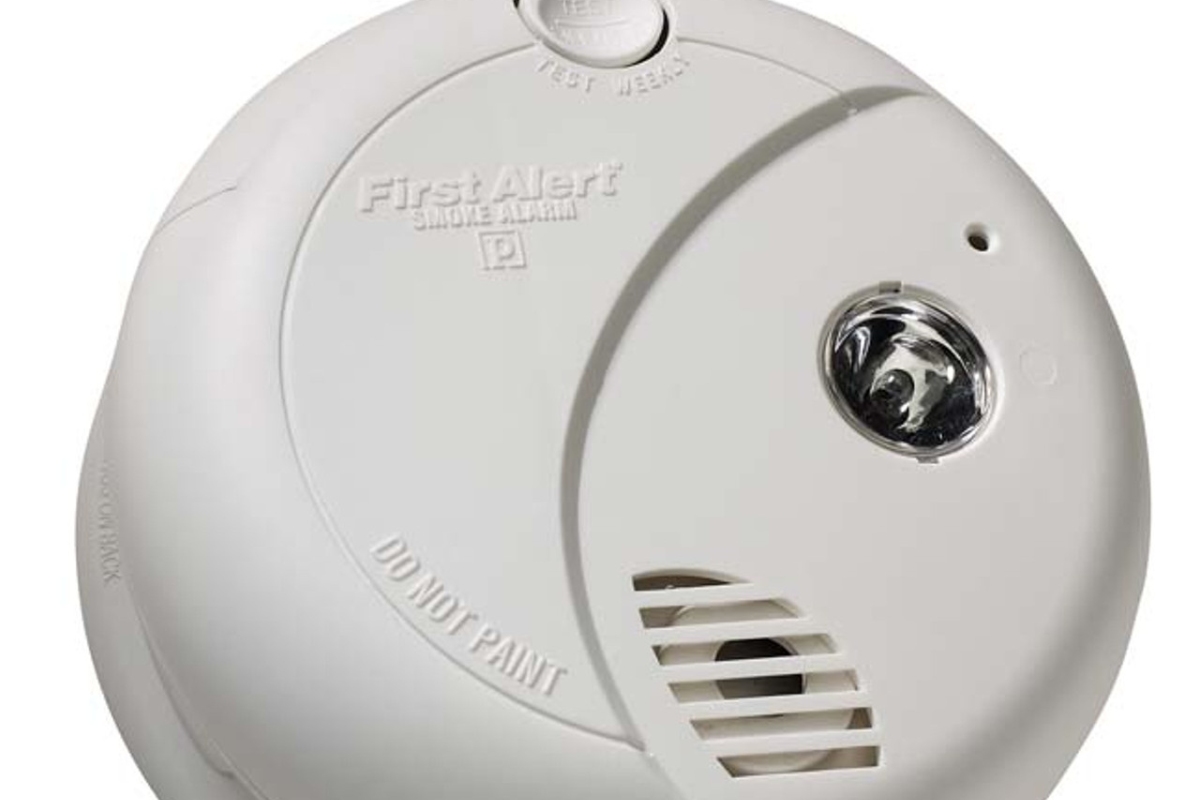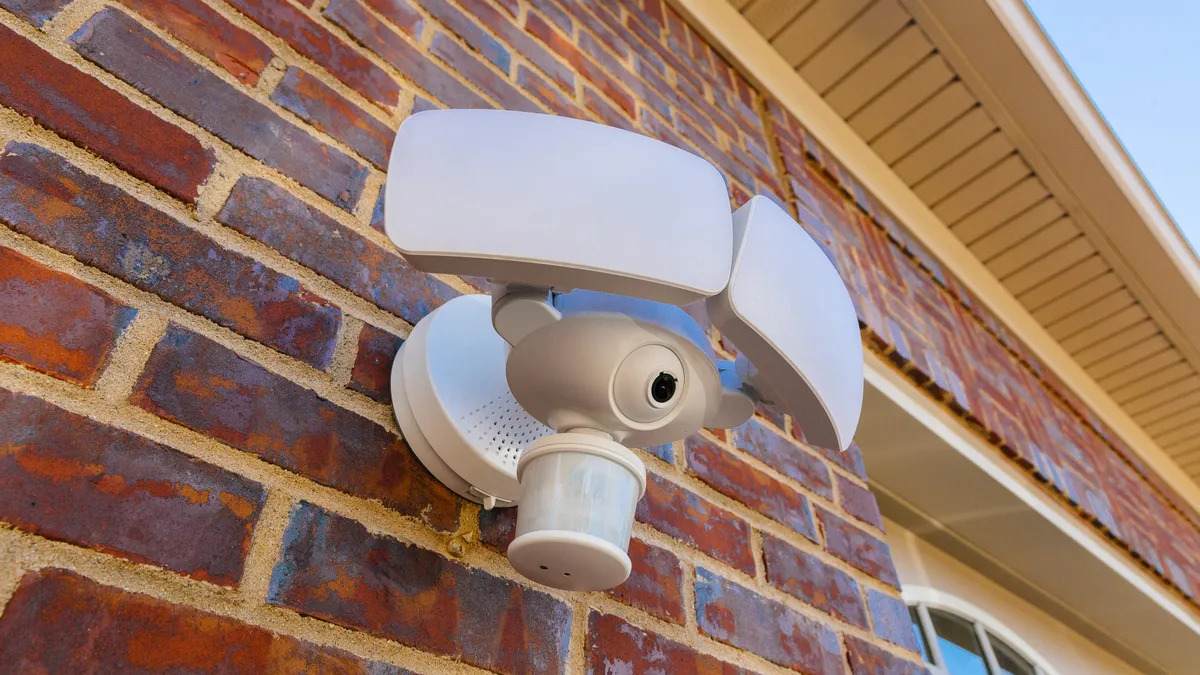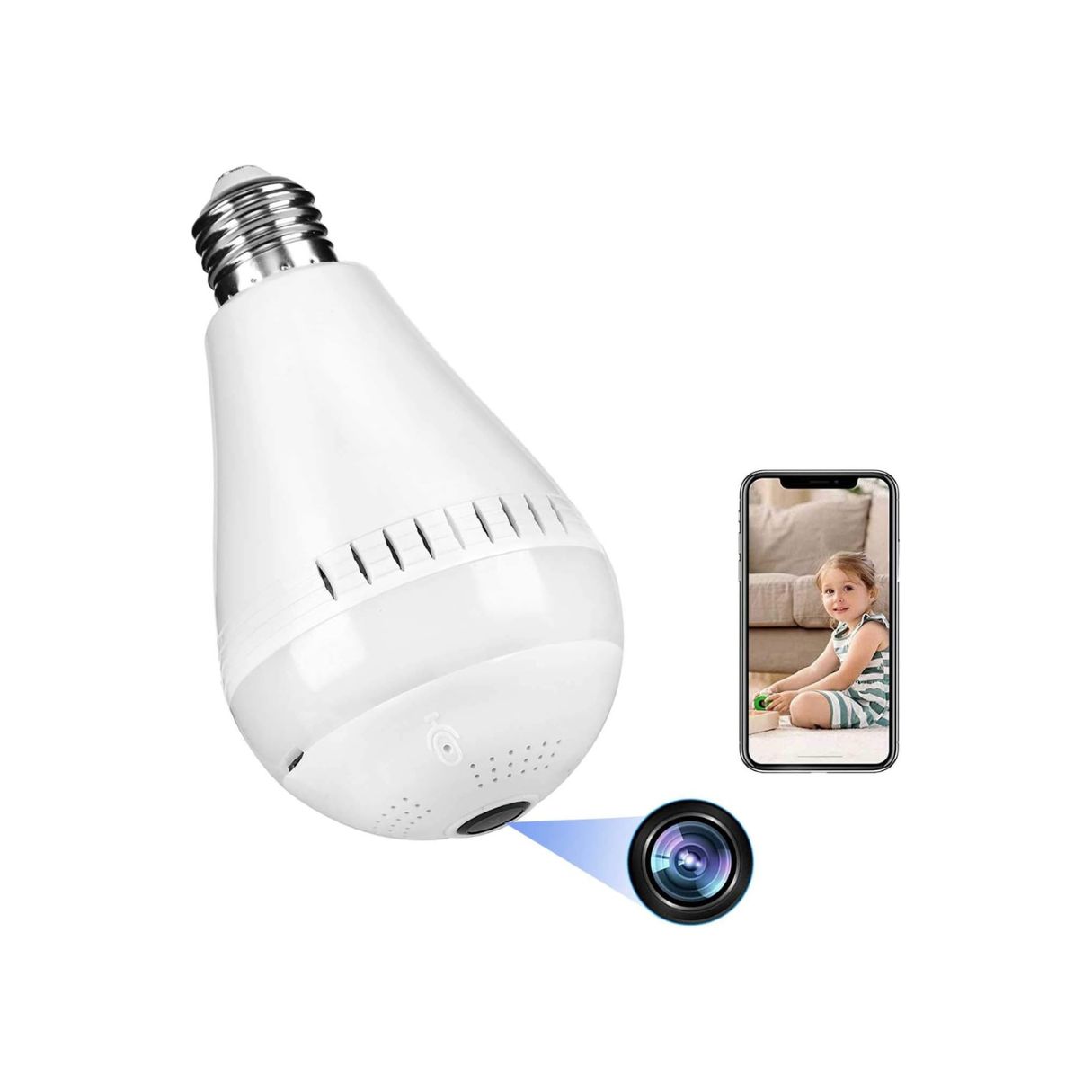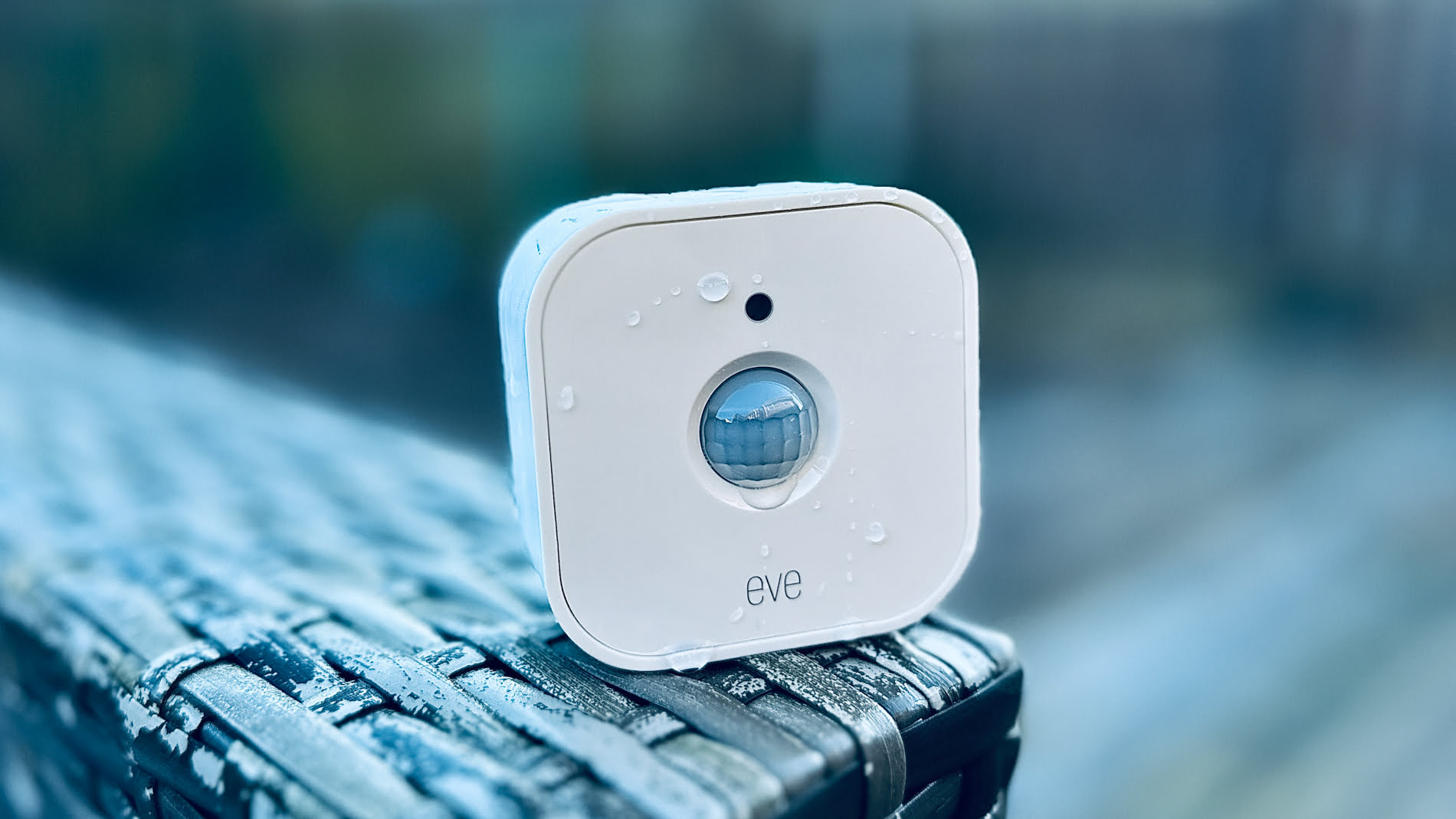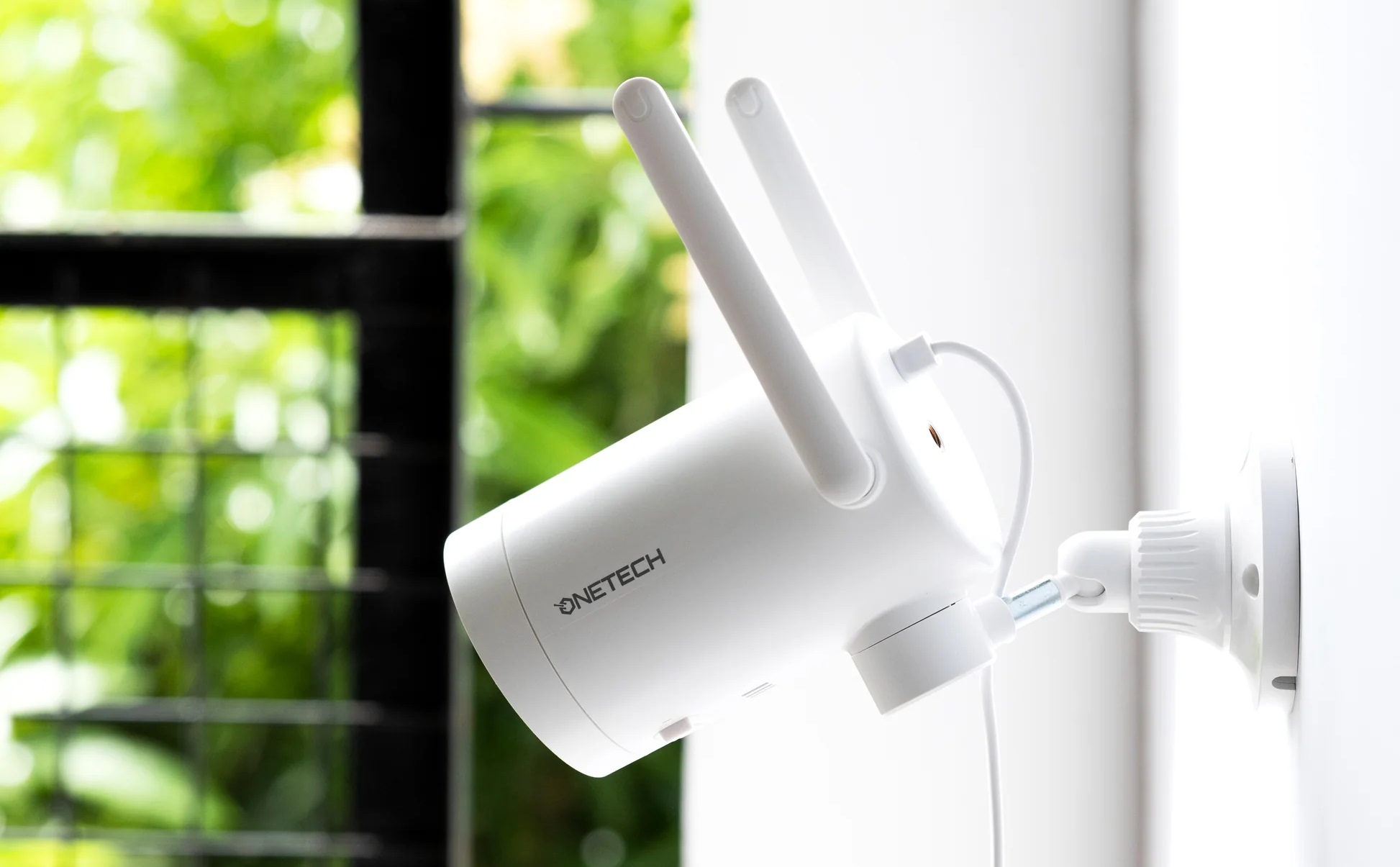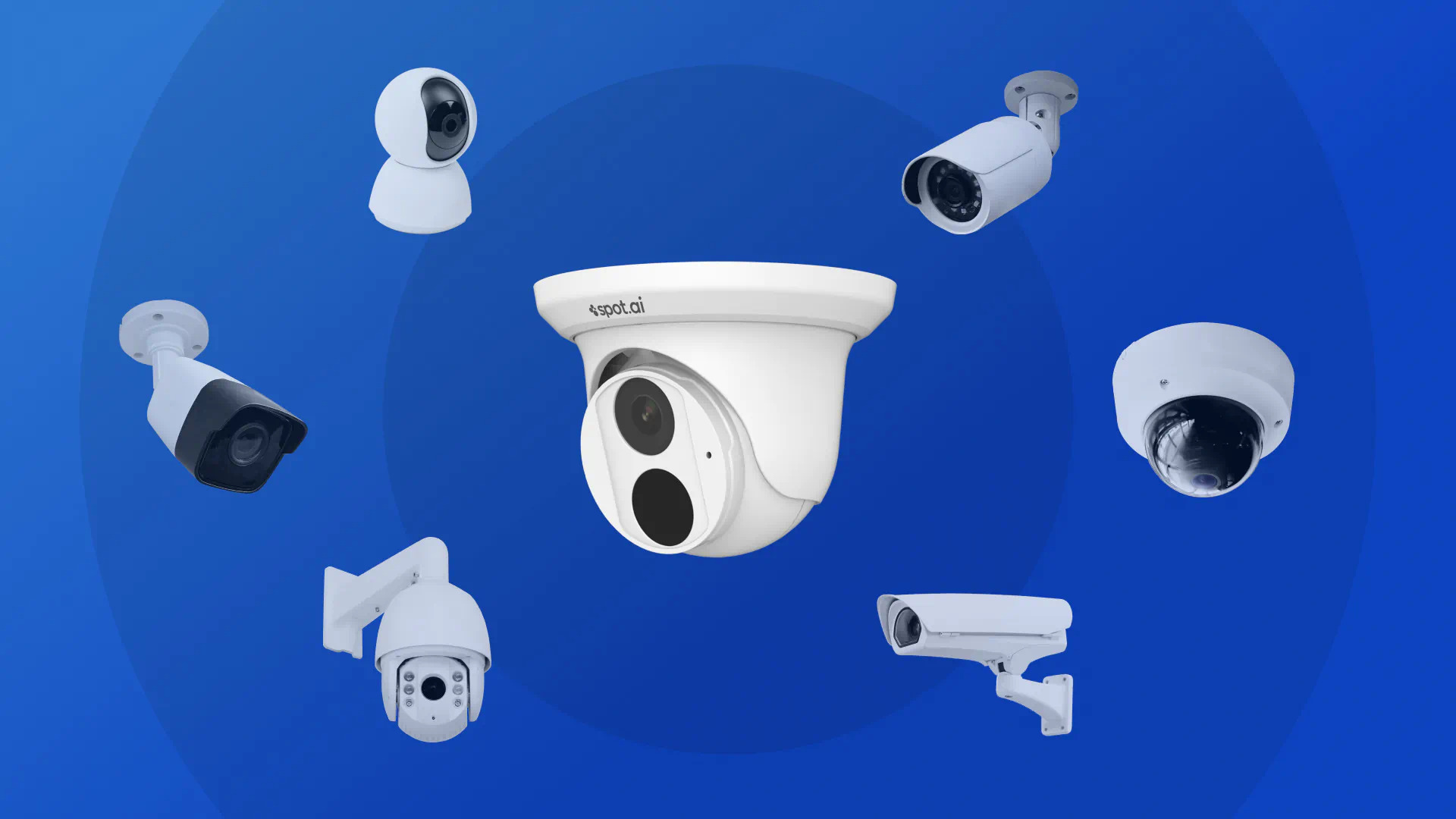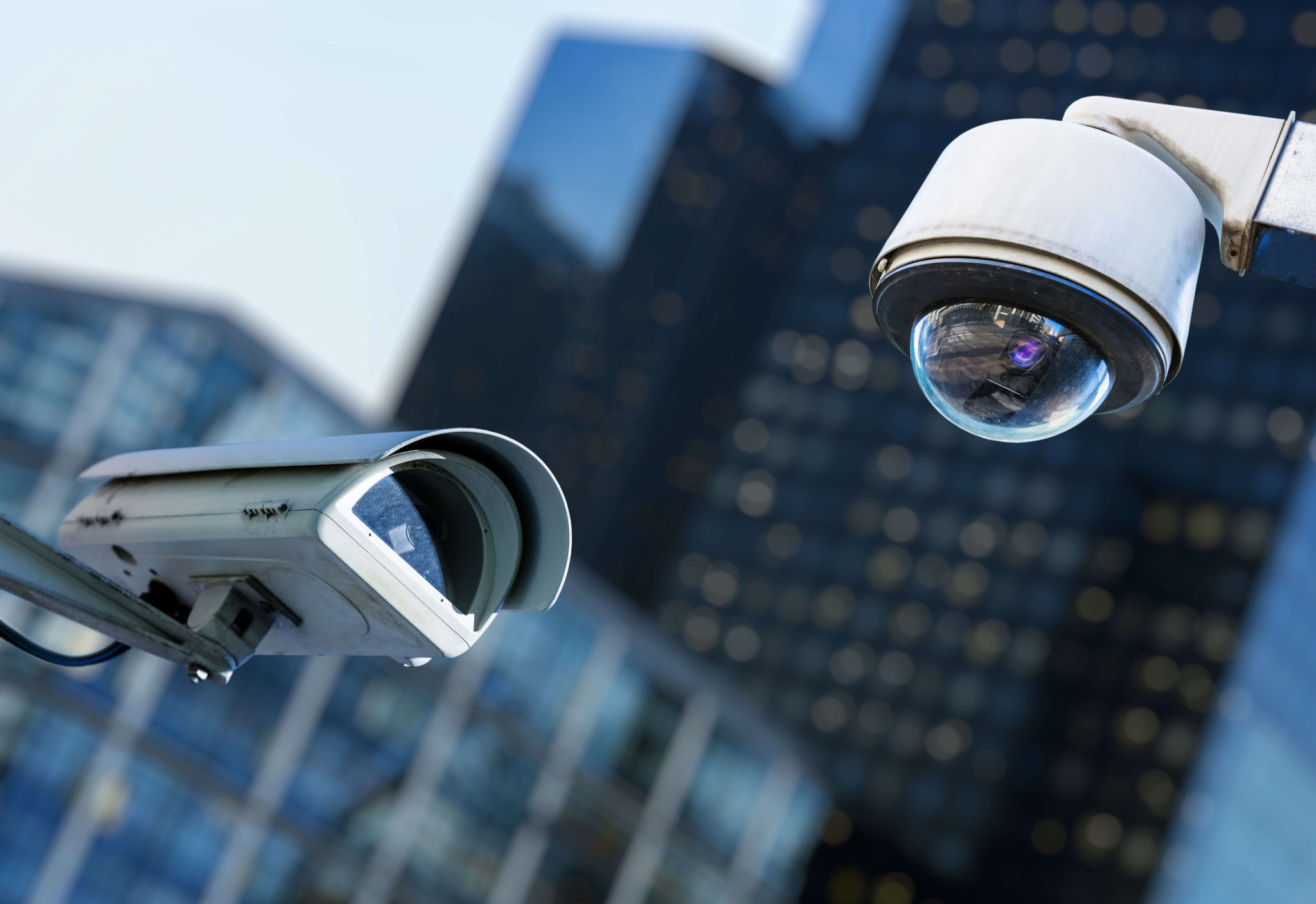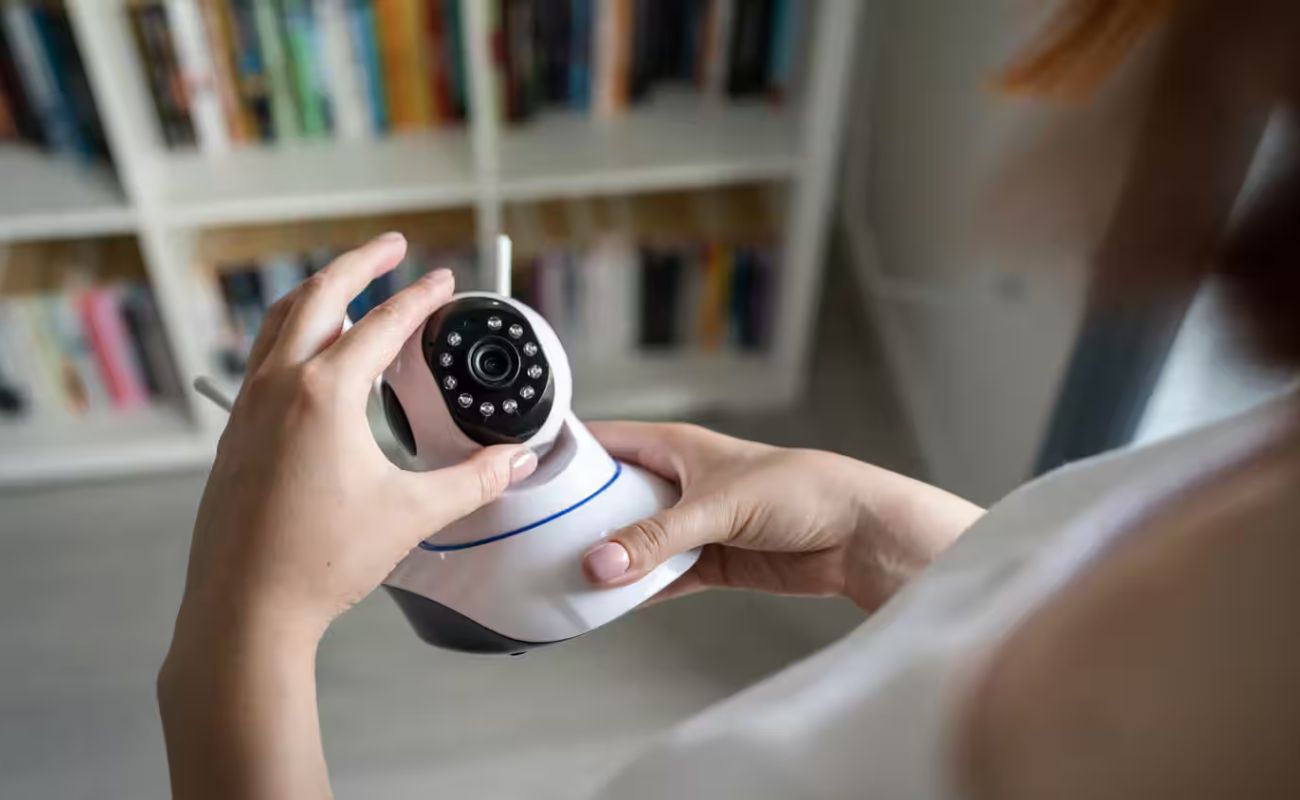Home>Home Security and Surveillance>How To Tell If A Security Camera Is Watching You
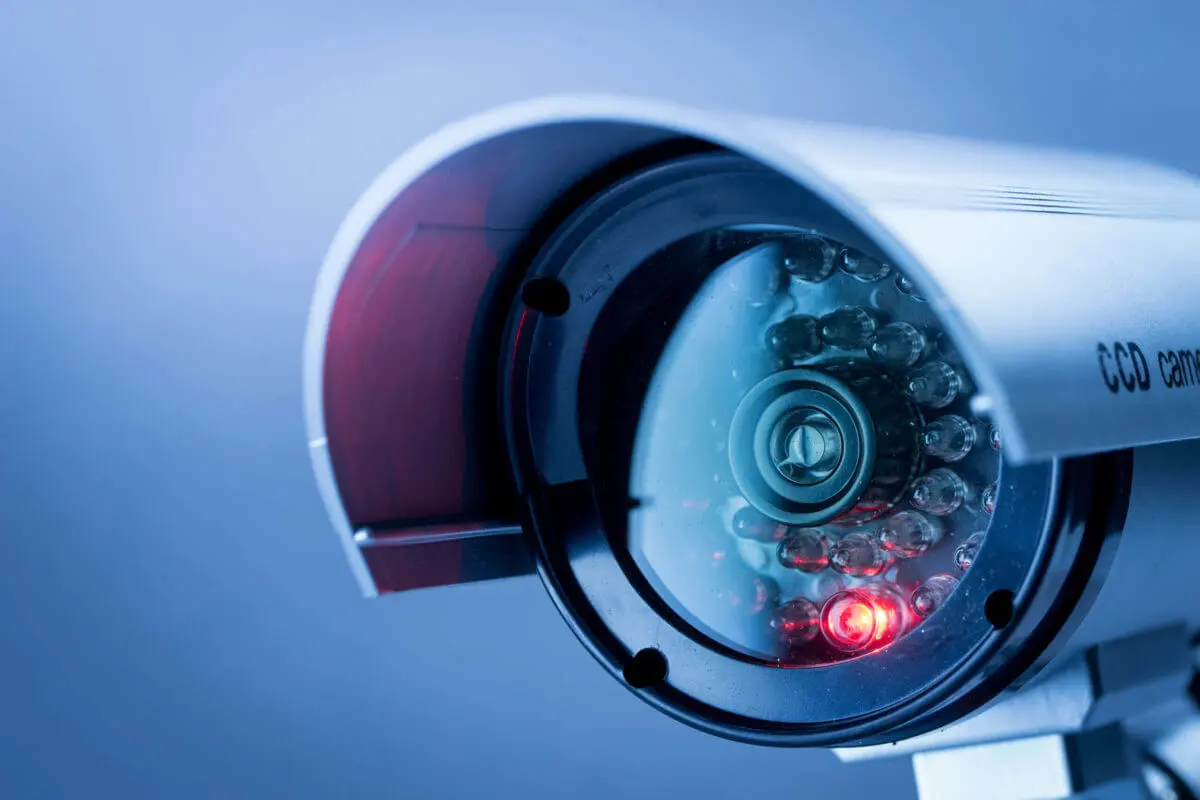

Home Security and Surveillance
How To Tell If A Security Camera Is Watching You
Modified: May 6, 2024
Learn how to determine if your home security and surveillance cameras are actively monitoring your surroundings. Protect your privacy and ensure peace of mind.
(Many of the links in this article redirect to a specific reviewed product. Your purchase of these products through affiliate links helps to generate commission for Storables.com, at no extra cost. Learn more)
Introduction
Home security and surveillance have become essential aspects of modern living, providing homeowners with peace of mind and protection against potential threats. With the advancements in technology, security cameras have become more sophisticated and prevalent. While these cameras are designed to keep us safe, there is a growing concern about privacy invasion and unauthorized surveillance.
In this article, we will explore how to tell if a security camera is watching you. We will look at various indicators, both physical and behavioral, that can help you determine if you are under surveillance. Additionally, we will delve into electronic indicators that may suggest the presence of a hidden camera. By understanding these signs, you can take appropriate steps to safeguard your privacy and security within your own home.
It is important to note that we are focusing on identifying potential unauthorized surveillance within residential settings. In public spaces or commercial environments, the presence of security cameras is typically expected and for the purpose of maintaining public safety.
Now, let’s delve into the indicators that can help you determine if a security camera is watching you.
Key Takeaways:
- Stay vigilant for unusual objects, sounds, and changes in your home, as they could indicate the presence of a hidden security camera. Trust your instincts and gather evidence to confirm your suspicions.
- If you suspect unauthorized surveillance, seek professional help, use camera detectors, and document your findings. Always handle the situation responsibly and seek guidance from local law enforcement.
Read more: How Can You Tell If A Security Camera Is On
What to Look For
When trying to determine if a security camera is watching you, there are several key indicators to keep in mind. These indicators can help you identify the presence of a camera and raise your awareness about potential surveillance. Here are some things to look for:
- Unusual or out-of-place objects: Take note of any objects that appear out of the ordinary or seem misplaced in your home. This can include seemingly innocent items such as smoke detectors or wall clocks that do not fit in with the rest of the decor. It’s essential to be observant and trust your instincts.
- Increased number of visitors or strangers: If you notice a sudden influx of visitors or unfamiliar individuals frequenting your property, it could be a sign that someone is monitoring your activities. Pay attention to whether these individuals seem to have a reason for being there or if their presence feels suspicious.
- Unusual sounds or vibrations: Security cameras often emit subtle sounds or vibrations that may not be immediately noticeable but can be detected if you pay close attention. Listen for faint buzzing sounds or vibrations in specific areas of your home where a camera could potentially be hidden.
- Changes to your surroundings: Keep an eye out for any alterations made to your home’s structure or décor, especially in areas where cameras might be strategically placed. Look for new holes or marks on walls, ceilings, or household objects as this could indicate the installation of a hidden camera.
- Unexplained activity: If you notice lights flickering or dimming, sudden disruptions to your internet or phone connections, or any other unexplained technical issues, it might be worth investigating whether these anomalies are linked to potential surveillance.
While these indicators can be helpful, it’s important to remember that they are not foolproof evidence of surveillance. Some of these signs could also be attributed to other factors or mere coincidences. Therefore, it’s always a good idea to gather additional evidence to confirm your suspicions.
In the next sections, we will explore physical, behavioral, and electronic indicators that can further support your investigation efforts and help you determine if a security camera is indeed watching you.
Physical Indicators
Physical indicators can provide valuable clues about the presence of a security camera. By carefully examining your surroundings, you can identify signs that may indicate the existence of surveillance equipment. Here are some physical indicators to look out for:
- Visible camera lenses: The most obvious physical indicator is the presence of visible camera lenses. Look for small, dome-shaped objects or cylindrical devices that resemble traditional security cameras. These cameras are typically mounted on ceilings or walls and may have a blinking LED light to indicate their operation.
- Unusual wires or cables: Pay attention to any suspicious wires or cables that seem out of place. Hidden cameras require power and a connection to transmit the captured footage, so look for cables that don’t seem to lead to any identifiable devices. These cables may be hidden under furniture, behind walls, or in inconspicuous locations.
- Unusual reflections: Use a flashlight or the flashlight feature on your smartphone to scan your surroundings for unusual reflections. Hidden camera lenses can sometimes produce a distinctive glint or reflection when exposed to light. Sweep the area slowly and carefully to catch any unexpected reflections.
- Discolored or disrupted walls: Look for any areas on your walls or ceiling that appear discolored or have irregularities like patches or marks. These could be signs that someone has tampered with the surface to install a hidden camera. Pay close attention to areas near electrical outlets, light fixtures, or air vents.
It’s important to remember that some cameras are designed to be discreet and may be difficult to spot with the naked eye. In such cases, you may need to employ the use of specialized equipment, such as a hidden camera detector, which can help you identify wireless signals and hidden cameras that are not easily visible.
Now that we have explored physical indicators, let’s move on to behavioral indicators that can help you determine if a security camera is watching you.
Behavioral Indicators
Behavioral indicators can provide valuable insights into whether you are being watched by a security camera. By observing changes in your daily routines and the behaviors of those around you, you can identify suspicious patterns that may suggest surveillance. Here are some behavioral indicators to consider:
- Unusual or excessive interest from others: If you notice individuals showing an unusual or excessive interest in your activities or daily routines, it could be a sign that you are being watched. Pay attention to people who seem overly curious about your schedule, habits, or personal information.
- Random inquiries about specific locations or events: Be cautious of individuals who ask pointed questions about specific areas within your home or inquire about upcoming events or activities in which you are involved. This could indicate that someone is trying to extract information for surveillance purposes.
- People seem unusually well-informed about your private life: If you find that strangers have knowledge of your personal life, such as your daily routines, shopping habits, or conversations you’ve had in the privacy of your home, it could be a strong indication that your privacy has been compromised.
- Feeling constantly watched or uncomfortable: Trust your instincts. If you have a persistent feeling of being watched, even when there is no tangible evidence, it’s essential to take those feelings seriously. Being hyperaware of your surroundings or feeling consistently uncomfortable in specific areas of your home may be a subconscious response to the presence of a security camera.
It’s important to note that behavioral indicators alone may not be definitive proof of surveillance, as people’s actions can sometimes be misinterpreted. However, when combined with other indicators, such as physical evidence or electronic signs, they can help strengthen your suspicions.
Now that we have explored behavioral indicators, let’s move on to electronic indicators that can assist you in determining if a security camera is watching you.
Look for a small, blinking light on the camera. If you see it, the camera is likely recording. Also, check for a wide-angle lens and a motion sensor.
Electronic Indicators
Electronic indicators can provide valuable clues about the presence of surveillance cameras, especially when it comes to hidden or covert devices. By utilizing specialized equipment and being vigilant with your electronic devices, you can uncover potential electronic indicators. Here are some electronic indicators to look out for:
- Wireless signal detection: Use a wireless signal detector to scan your home for any unusual wireless signals. Hidden cameras often use Wi-Fi or radio frequencies to transmit their captured footage. A wireless signal detector can help you identify any unauthorized signals that may indicate the presence of a hidden camera.
- Network activity: Monitor your network activity and look for any unexpected or unusual devices connected to your Wi-Fi network. This can be done through your router’s administration settings or by using network monitoring software. If you notice unknown devices connected to your network, it could be a sign of a hidden surveillance device.
- Camera detection apps: There are various camera detection apps available for smartphones that use the camera’s built-in sensors to identify hidden cameras. These apps can detect infrared signals emitted by surveillance cameras, helping you locate them even if they are not visible to the naked eye.
- Unexplained signal interference: Pay attention to any unexplained signal interference or disruptions in your electronic devices. Hidden cameras, particularly those using wireless transmission, may interfere with your Wi-Fi signal, Bluetooth connections, or radio frequencies. If you experience consistent signal issues in specific areas, it’s worth investigating further.
It’s important to note that electronic indicators may require specialized equipment or technical knowledge to identify. If you are uncertain about how to use these tools or interpret the results, it is advisable to seek professional assistance.
Now that we have explored electronic indicators, let’s move on to how to confirm your suspicions and take appropriate action.
Read more: How To Watch Security Cameras Online
How to Confirm
Once you have observed physical, behavioral, and electronic indicators that suggest the presence of a security camera, it is important to gather additional evidence to confirm your suspicions. Here are some steps you can take to confirm whether a security camera is indeed watching you:
- Perform a thorough search: Conduct a meticulous search of your home, paying close attention to areas that are commonly targeted for surveillance. Check for hidden compartments, unusual objects, or signs of tampering that may indicate the presence of a hidden camera.
- Consult a professional: If you are unable to locate any physical evidence of a security camera but still have strong suspicions, it may be beneficial to consult with a professional security expert. They can conduct a more thorough inspection of your property using specialized equipment and techniques.
- Use a camera detector: Invest in a hidden camera detector, which is a device specifically designed to locate hidden cameras. These gadgets use various methods, such as detecting wireless signals or infrared radiation, to help you pinpoint the exact location of a surveillance camera.
- Seek technical assistance: If you suspect the presence of hidden cameras, but are unsure how to proceed, consult with a professional technician or an experienced security consultant. They can assist you in detecting and disabling any unauthorized surveillance devices.
- Document your findings: As you investigate and discover potential surveillance equipment, document your findings with photographs or videos. This evidence can be useful if you need to involve law enforcement or take legal action against the individuals responsible for the unauthorized surveillance.
Remember, it’s important to approach the confirmation process with caution and respect for the law. If you discover an unauthorized security camera in your home, contact local law enforcement for guidance on how to handle the situation.
Finally, let’s conclude our article with a summary of the key points we have discussed.
Conclusion
Ensuring the privacy and security of our homes is a top priority in today’s world. With the increasing prevalence of security cameras, it is essential to be vigilant and aware of any potential unauthorized surveillance. In this article, we have explored various indicators that can help you determine if a security camera is watching you.
We started by discussing what to look for, including physical, behavioral, and electronic indicators. Physical indicators such as visible camera lenses, unusual wires or cables, and unusual reflections can serve as clues to the presence of a security camera. Behavioral indicators such as excessive interest from others, random inquiries, and feeling constantly watched can alert you to potential surveillance. Electronic indicators such as wireless signal detection, network activity monitoring, and camera detection apps can assist in identifying hidden cameras.
While these indicators can raise suspicions, it is crucial to confirm your findings. Performing a thorough search, consulting professionals, using camera detectors, seeking technical assistance, and documenting your discoveries can help you gather concrete evidence.
If you do find an unauthorized security camera in your home, it is important to handle the situation responsibly. Contact local law enforcement for guidance on how to proceed and ensure legal compliance.
In conclusion, being aware of the indications and taking appropriate action can help protect your privacy and security within your own home. By staying alert and proactive, you can maintain a sense of peace and tranquility while ensuring the privacy of your personal space.
Remember, the advancement in surveillance technology should be balanced with our right to privacy, and it is essential to respect others’ boundaries when it comes to installing security cameras.
Curious about enhancing home safety? Our next piece dives into the essentials of why robust home security systems are paramount for every homeowner. Whether concerned about protection from intruders or simply seeking solace in knowing your sanctuary is safeguarded, understanding the necessity of these systems provides peace of mind and much more. Don’t miss out on crucial insights that could redefine your approach to personal and property safety.
Frequently Asked Questions about How To Tell If A Security Camera Is Watching You
Was this page helpful?
At Storables.com, we guarantee accurate and reliable information. Our content, validated by Expert Board Contributors, is crafted following stringent Editorial Policies. We're committed to providing you with well-researched, expert-backed insights for all your informational needs.
